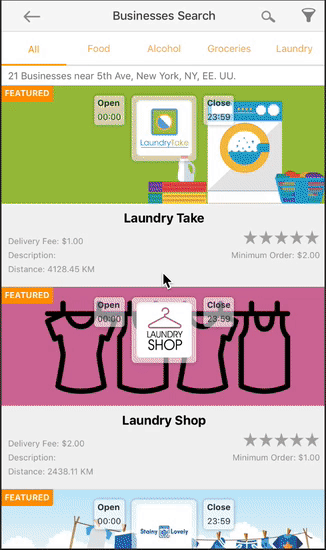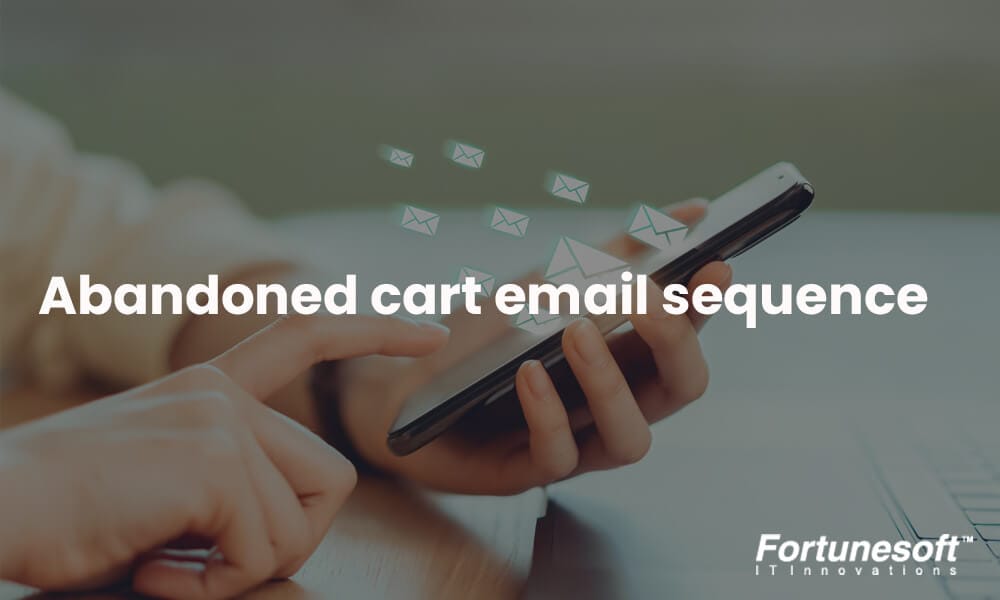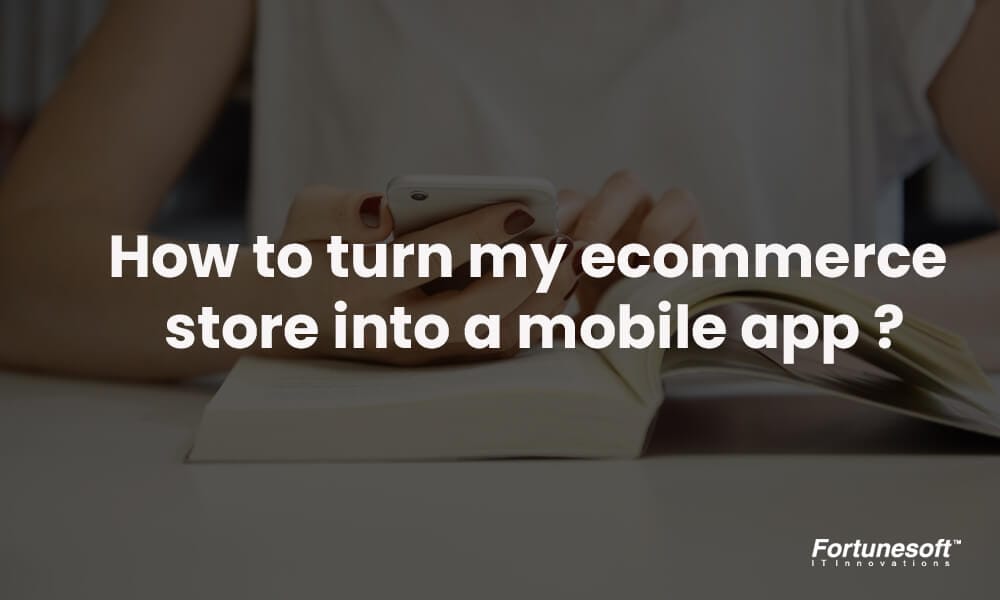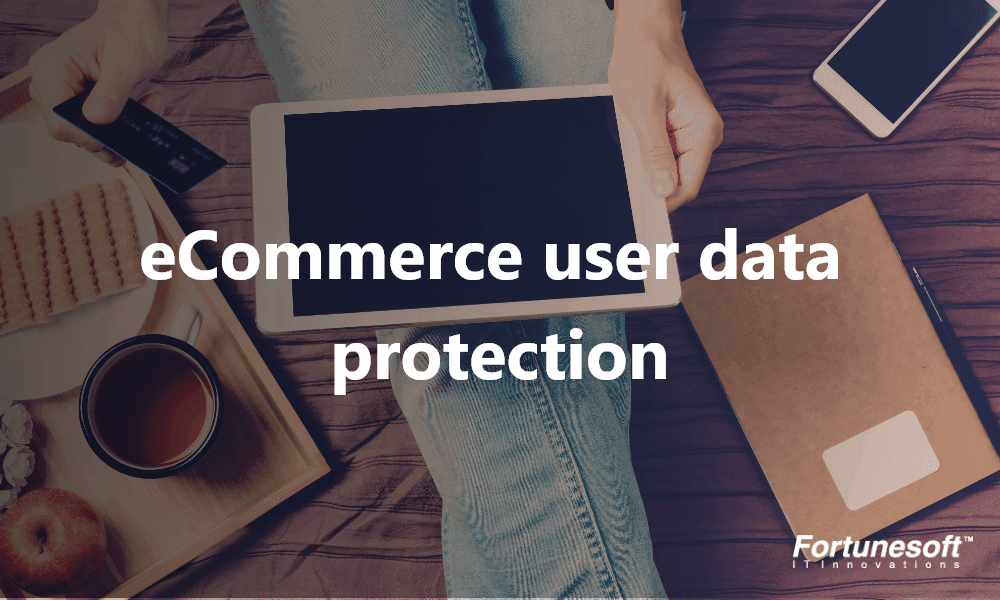 By Sheelu George November 15, 2019
20 min read
By Sheelu George November 15, 2019
20 min readHow to choose the best eCommerce platform for your eStore?
“I want to own an e-store. Which technology is suitable for my business?” We often struggle with this kind of question while landing ourselves in the pool of the e-commerce market. With multiple options around us, one can easily get confused to select the right technology platform for their e-store, especially for novice sellers.
“I want to own an e-store. Which technology is suitable for my business?”
We often struggle with this kind of question while landing ourselves in the pool of the e-commerce market. With multiple options around us, one can easily get confused to select the right technology platform for their e-store, especially for novice sellers.
Since having an e-Commerce website is a trend, this blog aims to address the doubts of its readers about the steps they need to follow to select the right technology platform that caters to the requirements of their business.
Since we have a wide range of eCommerce platforms available, we have some questions that you should be able to answer while aiming to select the best eCommerce platform for your business.
- Are you already owning a website?
- If not, are you looking to hire a web developer or want to build the site yourself?
- What are your plans for managing the website?
- What kind of investment are you planning for? Is it one-time or monthly?
- Do you want your in-store inventory get synced with your online sales?
The next half of the article includes:
- The two main types of eCommerce Platforms
- Features your eCommerce Platform should be equipped for your dream e-store
Are you already owning a website?

If you already have a website and are not interested to invest in a new website for the time being, but desire to add eCommerce capabilities, here are a few to-dos:
- If your eCommerce website is on platforms like Weebly or Wix, simply upgrade to an eCommerce plan that would accord you with online store functionalities.
- If your website is built on a platform that has no facility for an in-built eCommerce plan, then you can opt for adding extensions like WooCommerce.
- If your website is built on WordPress, WooCommerce is a good option for adding an e-store to your website. Another extension Ecwid allows to add a shopping cart to any existing websites such as Joomla, WordPress, and many more.
- Another option is to hire a web developer as he may build the shopping cart functionality tailored to your requirements keeping the payment integration in mind.
If not, are you looking to hire a web developer or want to build the site yourself?

With multiple DIY platforms, custom website development with a complete professional feel is easy with 0 coding. This opportunity should be acquired by the sellers looking for an early start with the flexibility to acquire changes and backend management on their own.
If you aren’t able to cope up with the designing and development of the website, hiring a web developer as a staff will be advisable. Even if you are thinking about managing the website, this decision of hiring a developer will bring some relief. Another option is to hire a web developer for building a website and if you want to update the site on your own, ask him to use a DIY platform like BigCommerce, GoCentral, or Wix so that you can make updates with ease.
What are your plans on managing the website?

eCommerce has a tremendous potential for the owners to leverage its power to the fullest. Managing such a wide business around requires a lot wave to cross over. Here are some tips to help you:
Landing pages: Your homepage hosts a lot of organic traffic. Smart SEO tactics and multiple advertising campaigns invites a good portion of customers that end up on the landing page that further drives them through the conversion funnel. It will be ideal if a payment option is present on the landing page. However, for every strategy, there should be A/B testing for getting a perfect page to get an exceptional ROI.
Advertise: The ROI potential with this investment is well worth as online advertising campaign is of more value if you are able to make full use of it. All you have to do is a thorough research, campaign management, keep improving the landing pages, SEO improvisation for increasing the search engine rankings, blogging, and site redesign. You can also opt for comprehensive social media campaign depending on the will and capacity you could do for your business.
Narrow the niches: Control your excitement if you are new to eCommerce competition. Selling a wide range of products online has the potential to destroy their niche.
The selection of the right hosting services: It is good to find a host that offers optimal uptime, SSL credentials, and a great service overall.
Whether you are tech savvy or thinking to outsource the management of website to any web development company or agency always remember self-hosted or open-source platforms like OpenCart, Drupal, ZenCart, and WooCommerce are highly flexible and customizable compared to the DIY-style platforms.
What kind of investment are you planning for? Is it one-time or monthly?

If your main focus is online sales then this is a definite question for your business that must come into your mind.
eCommerce platforms comes with a wide variety of costs associated with it.
An inexpensive monthly rate is mostly preferable among sellers. They prefer to have a budding online sales but are reluctant to invest good amount of time and resources on promotion and logistics. This makes them lose a major portion of the business.
But serious sellers who wish to build e-sales channel, though a low-price plan is tempting, it is always suggested to opt for a featured option that would accord you with the tools required for growing and managing the business. For example SEO tools, shipping, managing inventory, marketing integrations, and so on.
Obviously, there are personal preferences when it comes to selecting a plan for your eCommerce platform. In that case, hosted platforms have monthly SaaS pricing. This is convenient as the cost is spread over time. Also, you have the option to upgrade, downgrade, and even turn off your site depending on the business performance.
Some sellers are of the opinion that they don’t own their websites completely and therefore can’t move to another platform when needed. In that case, a self-hosted option is always open. With this option, the monthly SaaS cost is cut-off but add-ons cost both recurring and up-front is added.
The only solution is to research by adding up all the extensions, themes, hosting services relevant to your business site and get an estimation of all-in cost before any decision.
Do you want your in-store inventory get synced with your online sales?

Have you ever made a mistake in managing your inventory? Did you accidentally sold the same item online that you already had sold in stores?
Having a tool that manages their catalogs and inventory counts automatically sync across in stores and online sales helps in saving a lot of time and does the job easy for the sellers. Moreover, if you have a catalog built in POS, all you have to do is import to your e-store within a few clicks and setup a bit faster.
The two main types of eCommerce Platforms
Without doubt, the web has numerous opportunities for the organizations. It is important how these organizations make the most use of this opportunity at their doorstep. The eCommerce website has to be well-groomed and fully equipped with features tailored to your business requirements to sell your products and services online.
We have a huge variety of e-Commerce platform packages to choose. But how that remains a matter of concern. The e-Commerce platform that solely supports your online marketing strategy, integrating the in-store systems and provisions of APIs will be an ideal one to your business.
Let us walk through the important features that one should remember while choosing an eCommerce platform for their dream e-store. Before we dig deep into the topic, let us first brush up the basics.
There are two types of eCommerce platforms:
- SaaS-based eCommerce Platforms
- Open-Source eCommerce Platforms
SaaS-based eCommerce Platforms
These eCommerce platforms are simple in management. They are swift while building e-stores. SaaS-based eCommerce platforms are ready-made eCommerce solutions that are delivered via cloud as a hosted service. With the help of graphical user interface, simply sign-up and setup your online store in a couple of hours.
Pros:
- No requirement for coding
- No technical team required
- Web hosting is not required
With SaaS-based eCommerce platform comes monthly or yearly recurring fee based on the features you want to use. The recurring fee includes:
- Charges for the platform
- Payment processing fee
- Hosting fee
- SSL certificate cost
- Commissions per sale
SaaS-based eCommerce platforms are suitable for those entrepreneurs who want to play safe by avoiding any kind of complications of website development and keep their focus only on developing business.
SaaS-based eCommerce platforms are suitable for those entrepreneurs who want to play safe by avoiding any kind of complications of website development and keep their focus only on developing business. The SaaS vendor takes care of web hosting, platform customization, security updates, payment processing, and others. All you have to do is focus on making sales.
Cons:
- Over an extended period, the recurring fee becomes hefty
- Don’t expect to have a complete control on your website and business
- For technical customization, you have to completely depend on your vendor
- There is no availability of source code. Therefore, solutions are closed-source.
- Deal with existing features as there is no or minimum customizability.
SaaS-Based Platforms:
- Shopify
- BigCommerce
- Squarespace
- Volusion
- Big Cartel
Open-Source eCommerce Platforms
Open-source eCommerce platforms are ready-made estore builders with open-source code access. This source-code can be installed on any web-host. The entire website can be set-up in a few hours.
Pros:
- Absolute control over your business and website
- Recurring charges are avoided unlike SaaS-based solutions
- Higher scalability
- Good customization on the website
Modular approach to build big websites, open-source eCommerce platforms work on the principle of giving you control on your web store.
Your module can comprise of features that you select and also can be micro-personalized for your store.
To explain the above point, consider a platform that comes with a payment gateway pre-loaded. Suppose you wish to install some other payment gateway, install a module for it.
Cons:
- Technical skills are required to manage the source code.
- A team is required to manage the platform.
- Limited features for free open-source platforms. If you desire to have some other features, then you need to purchase extra modules.
- Finding a good web host for your eCommerce store is your responsibility.
- As compared to SaaS-based solutions, managing the site and admin UI are trickier.
Open-source eCommerce Platforms:
- WordPress WooCommerce Plugin
- Magento
- PrestaShop
- Open-Cart
- Drupal Commerce Plugin
- Premium Open-Source Platforms
Features your eCommerce Platform should be equipped for your dream e-store
Since you have accorded yourself with the knowledge of eCommerce platforms under various models, let us consider the features that you should find in an eCommerce platform.
Mobile Friendliness

A research by statista shows that the number of mobile search users in the United States in 2020 is predicted to reach 211 Million.
Therefore, it will be ideal if mobile is an important part in your eCommerce business plan. If your website is not mobile-friendly, there are definite chances to lose a major portion of the business. The two ways to opt for a mobile friendly eCommerce business:
- Shopify can be used as an eCommerce platform with a great mobile responsive theme or template as Shopify houses tons of options for mobile responsive themes and templates.
- Genstore node.js eCommerce platform is a very good option if you are thinking for a native Android and iOS mobile app with an eCommerce platform.
Platform Scalability

If we idealize Amazon, then we know how it started. They excelled in a particular niche and then expanded their business in different niches continuing their winning streak. Judging the scalability of an eCommerce platform on its capacity to handle a large traffic won’t be fair.
An eCommerce platform should be able to integrate certain APIs the business might use for managing implementations on a large-scale. Example, Integrating Salesforce CRM, RSA archer, Custom PIMS, CDN, and so on.
It is mandatory to check whether the platform that you have chosen can upscale the features depending on the needs and demands growing with time.
Security Features

Before you choose any platform for your business, check whether it has HTTPs or SLL support. The platform must be PCI-DSS compliant for payment solutions, a standard for secure payment processors. Examples are PayPal, Stripe, Braintree, and SecurePay. These payment solutions must be supported natively or through customization.
Another option to secure your eCommerce website from DDoS attacks is Google Captcha. Different forms can have different captcha so that they can’t fall prey to hackers or spammers to harm the site.
Optimize with Search Engines

Always opt for an eCommerce platform that offers exclusive features for writing meta description of every product and web page. It should be able to auto-refresh the website’s sitemap with the updated list of products, and implements the rich snippets for making the search results look more attractive.
As per the stats by Business2Community, 60% clicks are dedicated to the top three search results. The organic section of SERP has these search results. Therefore, it becomes valid if the chosen eCommerce platform provides sufficient amount of features for making the marketplace search engine friendly.
SEO Friendly

Your eCommerce store is beneficial only if people could find it on top of the search results. For higher sales you have to be discoverable and rank on top for the products that people search. The following features your eCommerce platform should have with concern to SEO:
- A custom domain name should be added
- Update all the meta descriptions and tags.
- Image captions and descriptions should be added
- The platform’s robot.txt file should be accessed
- Canonical tags should be added as per requirement.
- Mandatory to add pagination in search results of products
- URL structures should be SEO friendly
- XML sitemap should be updated.
- API integration for Google Analytics tool
Multi-channel Integration
Isn’t it hectic to manage the Amazon seller account and your own eCommerce website at the same time?
Sometimes, making a strong focus on sales in the marketplace can land you in a situation where you lose focus on your website.
Therefore, multi-channel marketplace extension comes to your rescue. This is a mandatory feature while opting for your eCommerce platform especially if you are planning for an email marketing tact that drives people back to your online store.
Also, the eCommerce platform should be able to automatically load products and RSS feeds.
The best example to support the statement is integrating Amazon seller dashboard on your eCommerce platform while synchronizing your e-store with the Amazon seller account. The result is the products on your website are synchronized with the Amazon product listing in addition to synchronizing the inventory and orders on both the channels.
So, no extra work and you can sell on eBay, Google Shopping, Amazon, and on your eCommerce website with this extension provided by eCommerce platform.
PrestaShop store can be used as it allows synchronizing your Google Shopping listing with your website.
Order and Return Management System

You are into a competition where you can’t survive if your orders take ages to process. An eCommerce platform that has the capacity like tracking orders, email notifications, and shipping service API will be an added advantage for your eCommerce store. Your eCommerce store should be able to cope up with the updated inventory so that the correct products in-stock are available for purchase.
One such platform is Shopify where it has the capacity to integrate Zoho CRM by simply installing the ZOHO plugin and integrates without the hassle of codes.
The return management is essential as it handles the returns to your stores in lieu of the return policies.
The platform must have the capability to create return rules, types, return request, approval and disapproval of requests, auto-refunds of approved requests, product exchanges of approved requests, invoice printing, return address slips printing, return status update, synchronized stock update, and partial refund status.
Big Commerce is a perfect example for return management in an efficient way.
Wrapping it up!
If you are aiming to land in the eCommerce pool, you have to research in-depth about the available options with eCommerce platforms concerning your business. Moreover, selling your products and services online definitely requires an appealing and engaging eCommerce website. Risking your business just to save some penny won’t be a wise move. With this article you would definitely get a basic idea of what you need to search in an eCommerce platform while framing your requirements for online sales. The best eCommerce development companies are always ready to provide tailored solutions. Another option is you can hire a developer for getting a fully custom eCommerce development service for your dream e-store.
Author Bio


 Facebook
Facebook Whatsapp
Whatsapp LinkedIn
LinkedIn Pinterest
Pinterest














 Start Chat
Start Chat